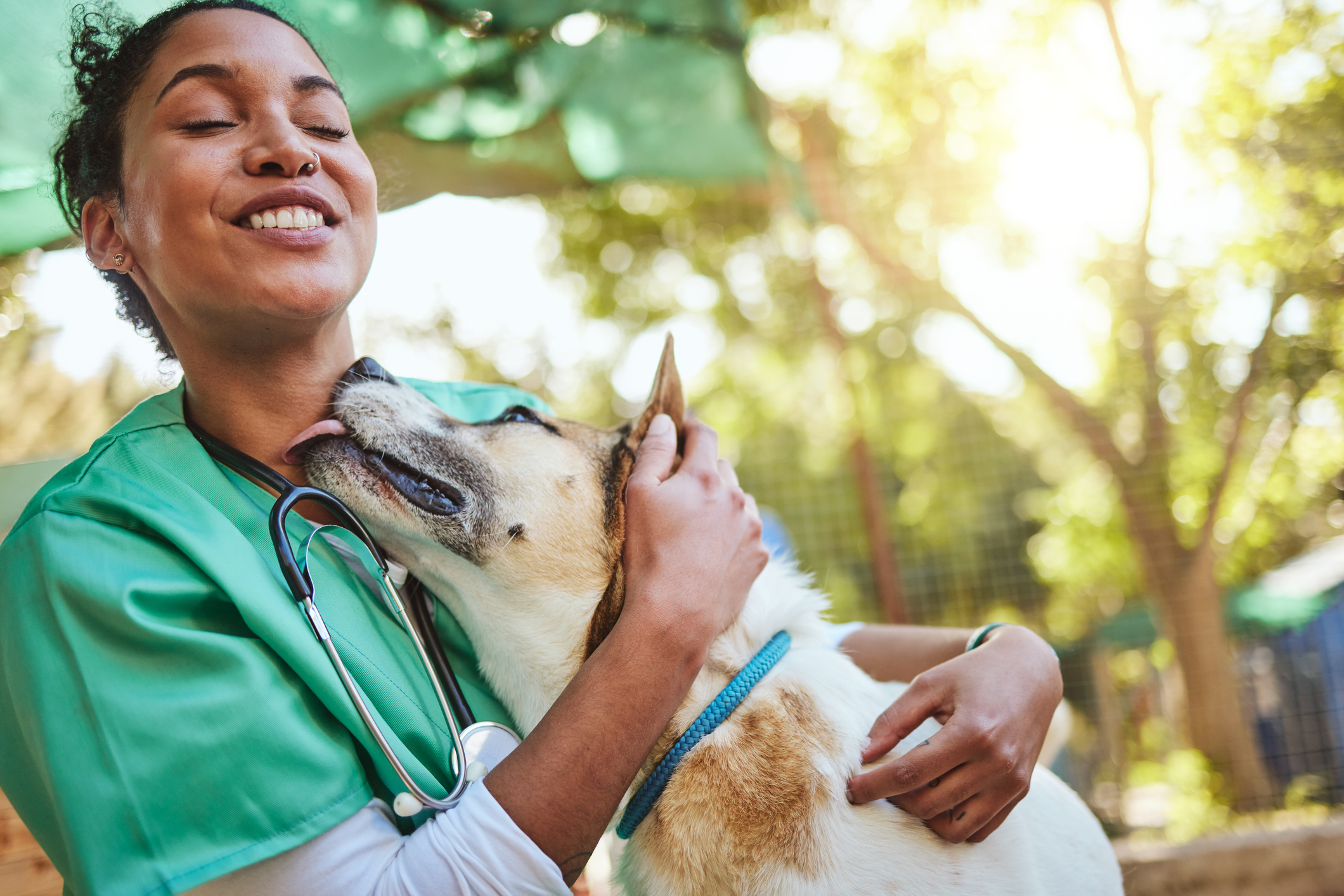Vaccination Standards From Your Relied On Vet
Inoculation guidelines supplied by your relied on veterinarian play an important function in securing your pet dog's health and wellness and health. Furthermore, resolving typical misunderstandings surrounding vaccinations can better boost family pet owners' confidence in these preventive actions.

Significance of Inoculations
Vaccinations play a critical duty in securing pet dogs versus a variety of preventable conditions. By boosting the body immune system to acknowledge and combat specific microorganisms, vaccinations substantially lower the incidence of contagious diseases that can influence a family pet's health and durability. Not only do inoculations safeguard individual pets, yet they likewise add to herd immunity, consequently lowering the overall occurrence of conditions in the pet population.
Timely vaccinations assist to mitigate the spread of diseases such as rabies, parvovirus, and distemper, which can have extreme effects for both pet dogs and humans. Vaccinations are typically a need for boarding centers, grooming solutions, and pet parks, making them vital for those that wish to socialize their pet dogs.

Core Injections for Animals
While the certain inoculation requirements of animals can differ based on individual aspects, core vaccinations are globally recommended to safeguard against the most usual and severe diseases (Emergency Vet). Core vaccines are those considered essential for all family pets, regardless of their way of life or geographical place, as they guard against potentially fatal and highly transmittable health problems
For canines, the core vaccines consist of those for canine distemper, parvovirus, adenovirus (hepatitis), and rabies. Adenovirus can result in liver condition, while rabies is a zoonotic condition that presents a danger to both pet dogs and humans.
In cats, core vaccines include feline panleukopenia, feline calicivirus, feline herpesvirus (rhinotracheitis), and rabies. Feline panleukopenia is an extremely infectious viral illness that influences the body immune system and intestines. Calicivirus and herpesvirus are major factors to top respiratory system infections in cats, while rabies remains an essential issue for public health and wellness.
Seek advice from your vet to guarantee your animals obtain their core vaccinations on schedule.
Non-Core Vaccines Explained
Non-core vaccines are customized to resolve details threats connected with a family pet's way of life, atmosphere, and exposure to certain conditions. Unlike core vaccinations, which are generally recommended for all pets, non-core vaccinations are thought about based on specific scenarios. These vaccines are specifically crucial for animals that may encounter one-of-a-kind virus due to their geographical location, traveling behaviors, or tasks.
Examples of non-core injections include those for Bordetella bronchiseptica, which is linked to kennel cough, and Lyme disease, caused by ticks. Animals that frequently interact with various other pets, such as those in boarding facilities, canine parks, or grooming settings, might take advantage of Bordetella inoculation. If you live in a location where Lyme illness is prevalent, immunizing against this disease can be a prudent option for outdoor-loving pet dogs.
Other non-core injections might consist of those for leptospirosis, canine influenza, and try this site feline leukemia, relying on the particular risk aspects present. It is vital to have an extensive discussion with your veterinarian concerning your animal's way of living and the potential demand for these vaccines, ensuring a customized inoculation approach that finest secures your hairy buddy.
Vaccination Arrange Review
As pet dogs mature, it is necessary to stick to the recommended booster vaccinations. Pet Health Checkup. For adult animals, core injections are usually offered every one to three years, depending upon the details vaccination and local policies. Non-core vaccinations might be advised based on lifestyle elements and regional disease occurrence, requiring a tailored technique
Routine veterinary examinations are critical for upgrading inoculation timetables. Your vet can give advice on the most appropriate immunizations for your animal, considering age, health condition, and ecological risks. By staying positive and notified, pet dog proprietors can ensure their fuzzy friends receive efficient and prompt vaccinations, therefore guarding their health and wellness throughout their lives.
Usual Myths About Vaccines
Misunderstandings about animal vaccinations can lead to complication and hesitation amongst family pet owners concerning the immunization procedure. One common myth is that vaccines are unneeded for indoor pet dogs. While it's real that indoor pet dogs deal with lower risks, they are not entirely unsusceptible to diseases, as virus can be introduced through numerous ways, including human apparel and various other pets.
An additional false impression is that injections can cause the conditions they aim to stop. In truth, most injections include suspended or attenuated virus, which can i was reading this not trigger condition in healthy pets. Some family pet owners also believe that their animals need to not be vaccinated if they are currently healthy; nonetheless, vaccinations are a positive measure that aids avoid the start of disease.
In addition, many family pet proprietors fear that injections will certainly lead to long-term health and wellness complications. The benefits of inoculation-- protecting pets from possibly life-threatening diseases-- much surpass the threats.
Verdict
In recap, adherence to vaccination standards is vital for making sure the health and long advice life of animals. Resolving usual myths surrounding inoculations better enhances the relevance of informed decision-making in animal treatment.
Not only do vaccinations shield individual pets, yet they also add to herd resistance, thus lowering the overall frequency of diseases in the animal populace.
False impressions regarding pet vaccinations can lead to complication and reluctance amongst animal proprietors regarding the immunization process. While it's real that interior pets deal with reduced risks, they are not totally immune to illness, as virus can be presented through different methods, including human clothes and various other pet dogs.
Some animal proprietors also think that their pets must not be vaccinated if they are currently healthy; nonetheless, vaccinations are a proactive action that assists prevent the beginning of illness.
The advantages of inoculation-- safeguarding pet dogs from potentially deadly diseases-- far surpass the threats.